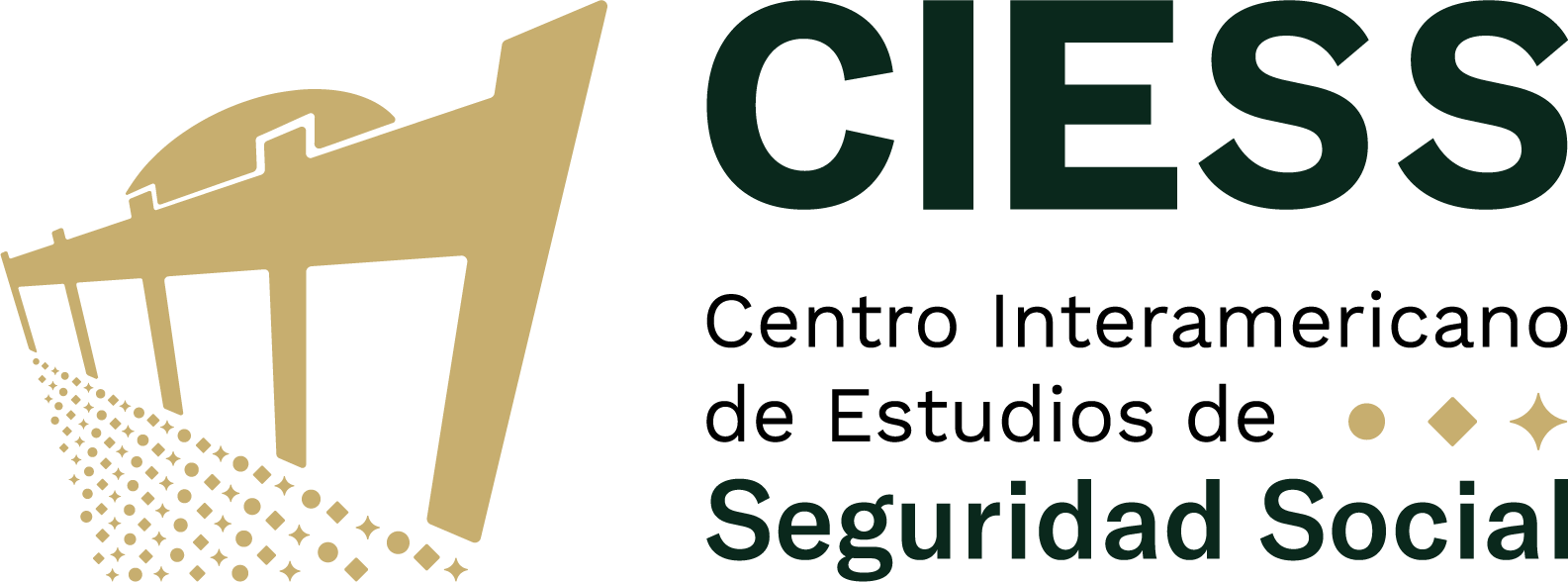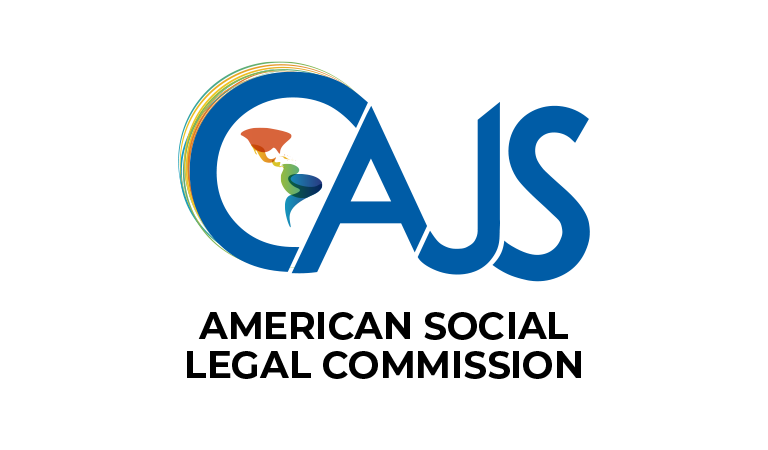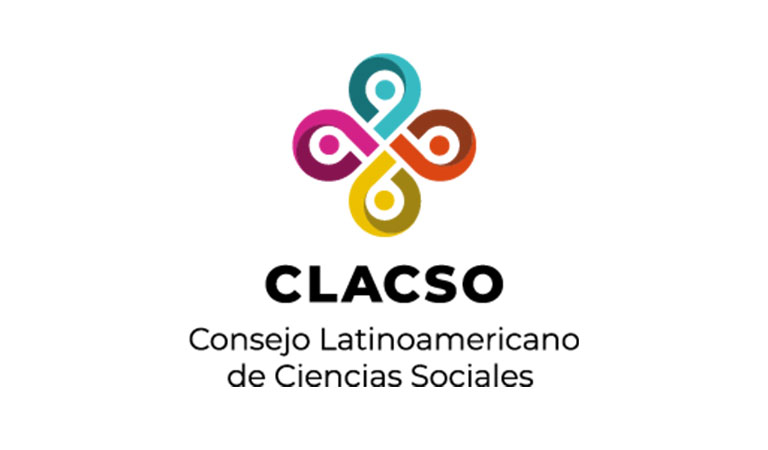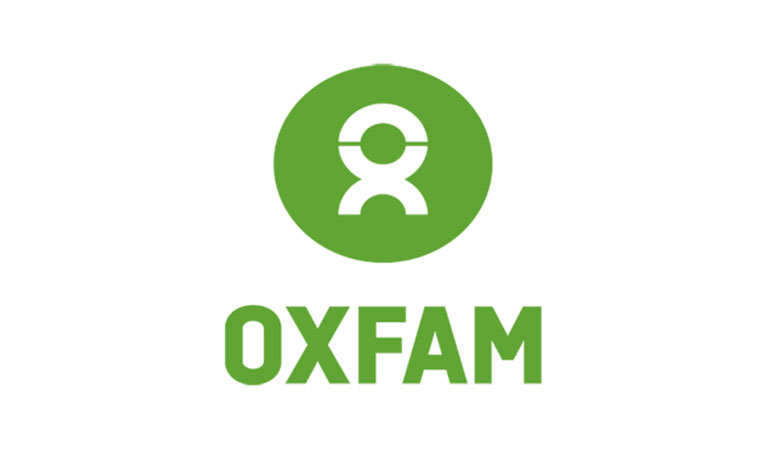WEBINAR
Presentation of the Study
“Drug price transparency as an effective mechanism to counteract State capture in health policies"
“Drug price transparency as an effective mechanism to counteract State capture in health policies"
Call for research “COVID-19 pandemic, state capture and its effects on inequality”.
Background:
Background:
Study “Drug price transparency as an effective mechanism to counteract State capture in health policies” was conducted within the framework of the Call for Research: “Covid 19 pandemic, State capture and the effects on economic and climate inequality in Latin America and the Caribbean” (CLACSO and OXFAM).
The COVID-19 pandemic uncovered practices that have traditionally been used in the pharmaceutical market in products protected by intellectual property rights and trade secrets. Traditionally, the underlying justification for the high price of pharmaceutical products is based on the need to protect patents rights and other intellectual property rights in order to encourage innovation and the development of new products and technologies. However, it should be borne in mind that the profits obtained from the exploitation of these rights are not the only incentives for innovation and the development of new products and technologies, since very often the States grant direct contributions of public funds and/or apply tax exemptions or other tax benefits to the companies that develop, manufacture and commercialize these drugs. It is estimated that, in general, big pharma earns more than $1,000 per second from the vaccine business, charging governments 24 times the cost of generic production (OXFAM, 2022). However, the truth is that the real benefits are never evidenced, nor are the inputs or criteria that have been adopted to determine the price and how much innovation really exists on previous knowledge that is in the public domain.
The study presented here aims to support the importance of using the mechanism of transparency in the price of medicines within public health policies in Latin America. The use of this mechanism in three countries in the region (Brazil, Costa Rica and the Dominican Republic) was analyzed using the case study method, taking as a reference the case of vaccines against COVID-19. This study shows that the use of transparency in the access to COVID-19 vaccine prices has been partial, since it only refers to the general expenses in the purchase of vaccines and not to the price of each vaccine. The People’s Vaccine Alliance will also be presented during the event.
Estudio “La transparencia del precio de medicamentos como mecanismo efectivo para contrarrestar la captura del Estado en políticas de sanidad” fue realizado en el marco de la Convocatoria de Investigación: “Pandemia de Covid 19, captura del Estado y los efectos en la desigualdad económica y climática en América Latina y Caribe” (CLACSO y OXFAM).
[expand title=”Read more“]
La pandemia de la COVID-19 puso de manifiesto prácticas que tradicionalmente han sido utilizadas en el mercado farmacéutico en productos protegidos por derechos de propiedad intelectual y secretos comerciales. Tradicionalmente la justificación que existe en relación con el elevado precio de los medicamentos se basa en la necesidad de proteger el derecho sobre las patentes y demás derechos de propiedad intelectual, con el propósito de incentivar la innovación y desarrollo de nuevos productos y tecnologías. Sin embargo, hay que tener en cuenta que los beneficios obtenidos de la explotación de estos derechos no son los únicos incentivos para la innovación y el desarrollo de nuevos productos y tecnologías, ya que con mucha frecuencia los Estados realizan aportaciones directas de fondos públicos y/o aplican exenciones fiscales u otros beneficios tributarios a estas empresas que desarrollan, producen y comercializan estos medicamentos. Se calcula que, en sentido general, las grandes farmacéuticas se embolsan más de 1000 dólares por segundo por el negocio de las vacunas, cobrando a los gobiernos 24 veces más del costo de producción genérico (OXFAM, 2022). Sin embargo, lo cierto es que los beneficios reales nunca son evidenciados, así como tampoco los aportes ni los criterios que han sido adoptados para poder determinar el precio y cuánto de innovación realmente existe sobre conocimientos previos que son de dominio público.
El estudio que se presenta tiene como objetivo fundamentar la importancia de la utilización del mecanismo de transparencia en el precio de medicamentos dentro de las políticas públicas de sanidad en Latinoamericana. A partir del método de estudios de casos se analizó el uso de este mecanismo en tres países de la región (Brasil, Costa Rica y República Dominicana) tomando como referencia el caso de las vacunas contra la COVID-19. Con su realización se pone de manifiesto que el uso de la transparencia en el acceso a los precios de las vacunas contra la COVID-19 ha sido parcial, puesto que sólo hace referencia a los gastos generales en la compra de las vacunas y no a los montos del precio de cada vacuna. Durante el evento se presentará también la iniciativa Vacunas para la Gente (People’s Vaccine Alliance).[/expand]
Objective of the Activity:
To present the results achieved in the Study ” Medication Price Transparency as an Effective Mechanism to counteract State capture in health policies”.
Objective of the Activity:
To present the results achieved in the Study ” Medication Price Transparency as an Effective Mechanism to counteract State capture in health policies”.
academic activity
Date
August 23rd
Start
12:00 hrs
Mexico City
(UTC -5)
Modality Via online through the platform Zoom
Simultaneous translation Spanish and English
Después de registrarse, recibirá un correo de confirmación con la información para unirse al webinar.
Starts in:
Agenda

Daisy Corrales Díaz
Former executive director of CIESS
Welcome and greetings to the audience
12:00 to 12:05
Diego Terán
CADAM Specialist
12:05 to 12:15-Summary of the situation
-Objetive of the webinar
-Panelists’ CV
 Jorge Luis Ordelin Font
Jorge Luis Ordelin Font
CAJS Specialist
12:15 to 12:35Presentation of the research study
 Gerardo Manuel Ordóñez Barba
Gerardo Manuel Ordóñez Barba
Director of the Department of Public Administration of the Colegio de la Frontera Norte
12:35 to 12:55Comments of the research study
 Grazielle Custódio David
Grazielle Custódio David
Regional Coordinator for Economic Justice and Inequality OXFAM
12:55 to 13:15Comments to the Study and presentation of the People´s Vaccine Alliance Initiative
 Silvia Sofia Montenegro Mejía
Silvia Sofia Montenegro Mejía
Coordinator of the Oxfam-LAC Vaccines and Inequalities Project Coordinator Oxfam-LAC
13:15 to 13:35Presentation to the People´s Vaccine Alliance Initiative
 Diego Terán
Diego Terán
CADAM Specialist
13:35 to 13:50Question and answer session

Daisy Corrales Díaz
Former executive director of CIESS
13:50 to 14:00Closing of the activity



